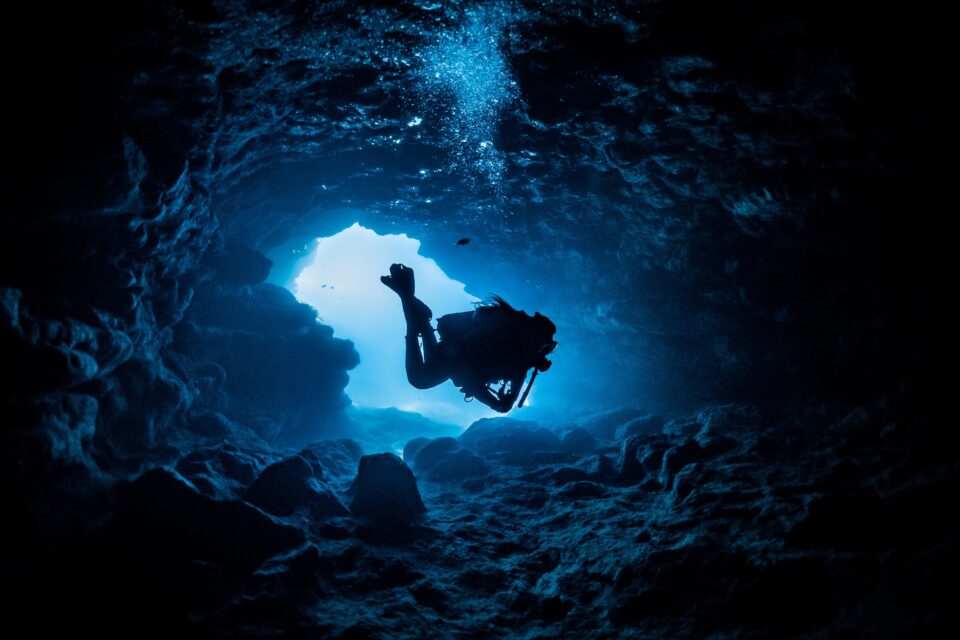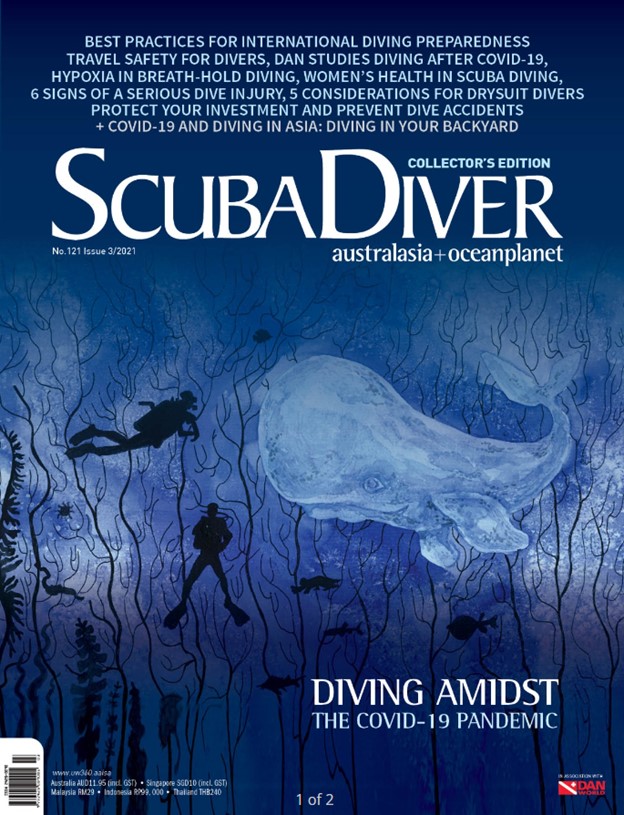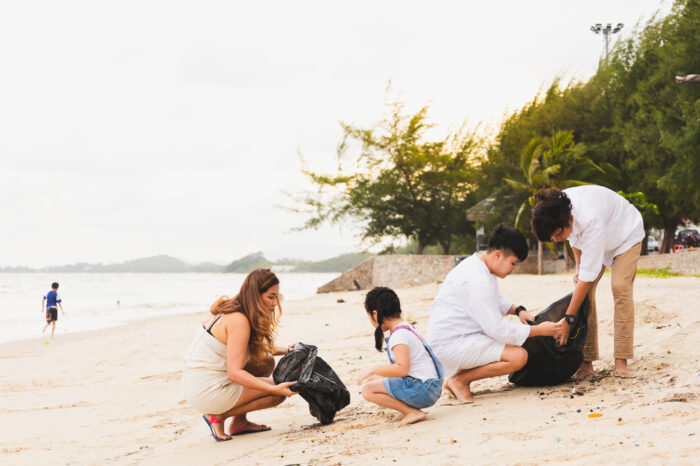6 Tips for Safe Diving

Image from Shutterstock
Whether you’re a first-time diver or a seasoned one, it’s always good to brush up on some basic safety knowledge when it comes to the activity in question. Here are six important tips for making your diving experience a safe and enjoyable one.
1. BREATHE CONTINUOUSLY while on scuba. NEVER hold your breath.
There is no way you would have missed that one. Every instructor will repeat, repeat, repeat and repeat again! Holding your breath can cause an overexpansion of your lungs. This can result in a pneumothorax (collapsed lung) or an arterial gas embolism, which can lead to a stroke.
2. EQUALISE EARLY AND OFTEN while descending. NEVER go deeper than you can comfortably equalise.
It is common sense, but many divers forget this rule and risk bursting an eardrum. If that happens, there’s a chance you will get disoriented enough to lose your regulator and drown. So if you have issues equalising, take your time, use a rope to control your descent, go feet first, and never go down when it hurts.
3. ASCEND SLOWLY from every dive and make safety stops.
This rule is directly linked to the first rule. Going slow will minimise the risk of overexpanding your lungs. But it will also reduce the risk of decompression sickness (DCS), caused by your body absorbing too much nitrogen. Be sure to fully deflate your BCD before starting your ascent and never use your inflator button to get to the surface. Unless it’s unsafe to do so, always perform a safety stop between three and six metres, which will significantly decrease your risk of DCS.
4. PLAN YOUR DIVE, DIVE YOUR PLAN and continuously monitor your air supply.
Properly planning your dive is a vital part of ensuring your safety underwater, and sticking to your plan is just as important. Frequently check your gauges throughout the dive. It’s all too easy to lose track of time, and find yourself low on air. Insufficient gas supply is the leading cause of fatal emergency ascents, which can easily be avoided if air supply is properly monitored.
5. DO NOT OVERWEIGHT yourself.
A factor in nearly 30 percent of diver deaths, fatigue is most commonly due to a diver trying to remain on the surface while overweighted. Conserve energy and prevent exhaustion by establishing positive buoyancy at the surface. Inflate your BCD fully, and be prepared to drop your weights if necessary.
6. PRACTISE vital skills.
Basic skills are vital to diver safety, and performing them in an emergency could mean the difference between life and death. Know how to use your buddy’s alternate air source, how to conduct a controlled emergency swimming ascent (CESA), and how to disconnect your pressure inflator hose. Good buoyancy control will avoid dangerous uncontrolled ascents, and mastering mask clearing will avoid succumbing to panic should a problem arise.



